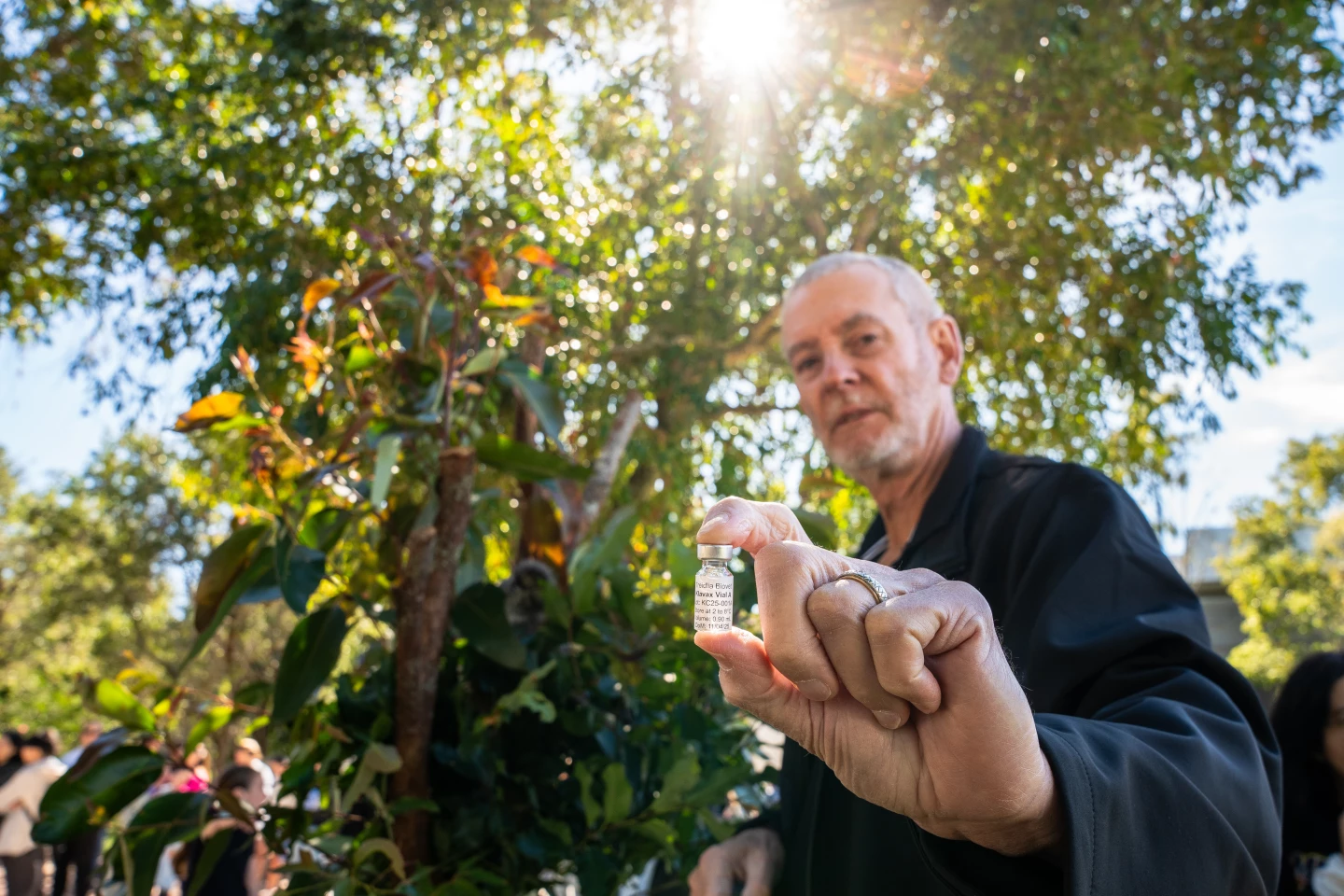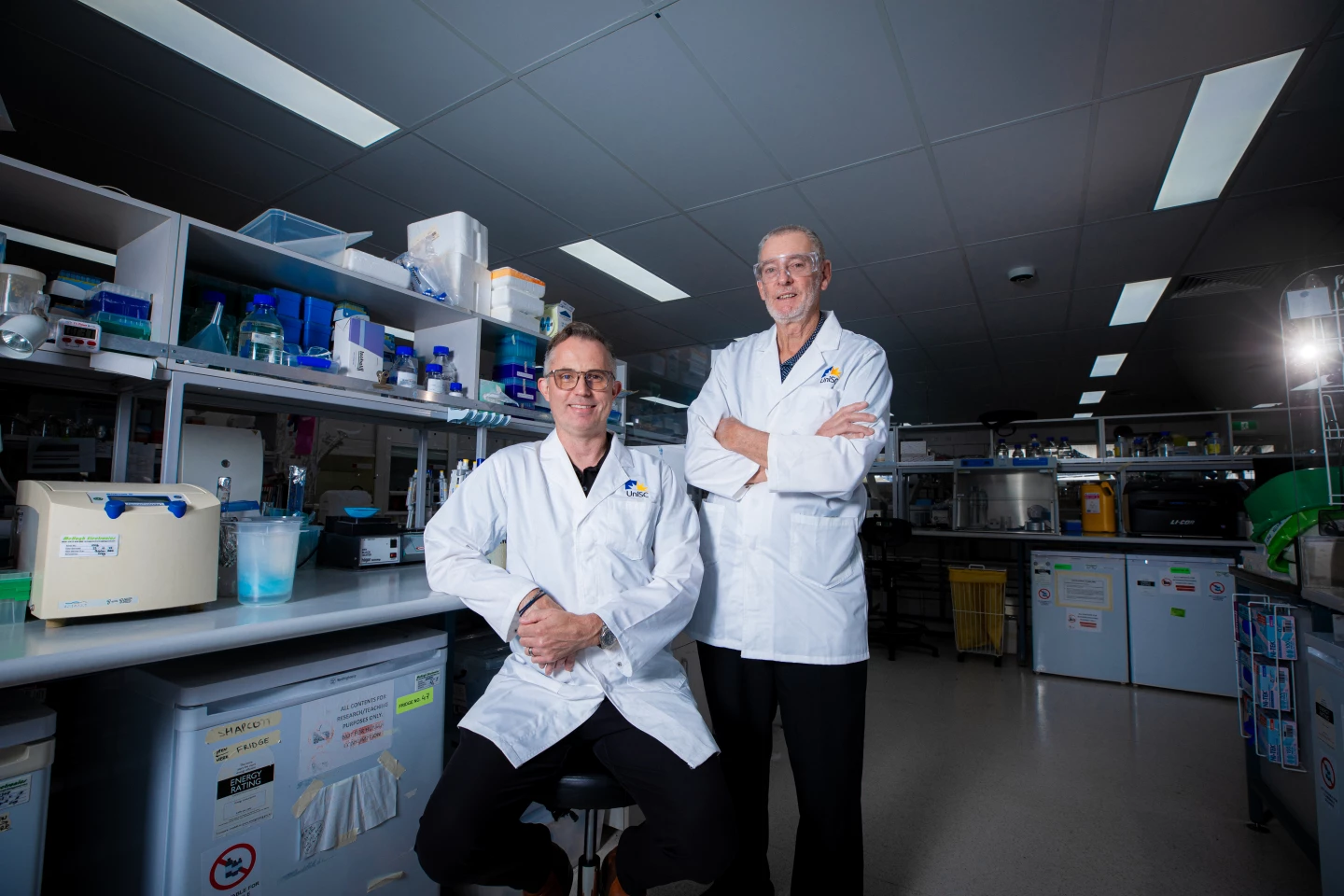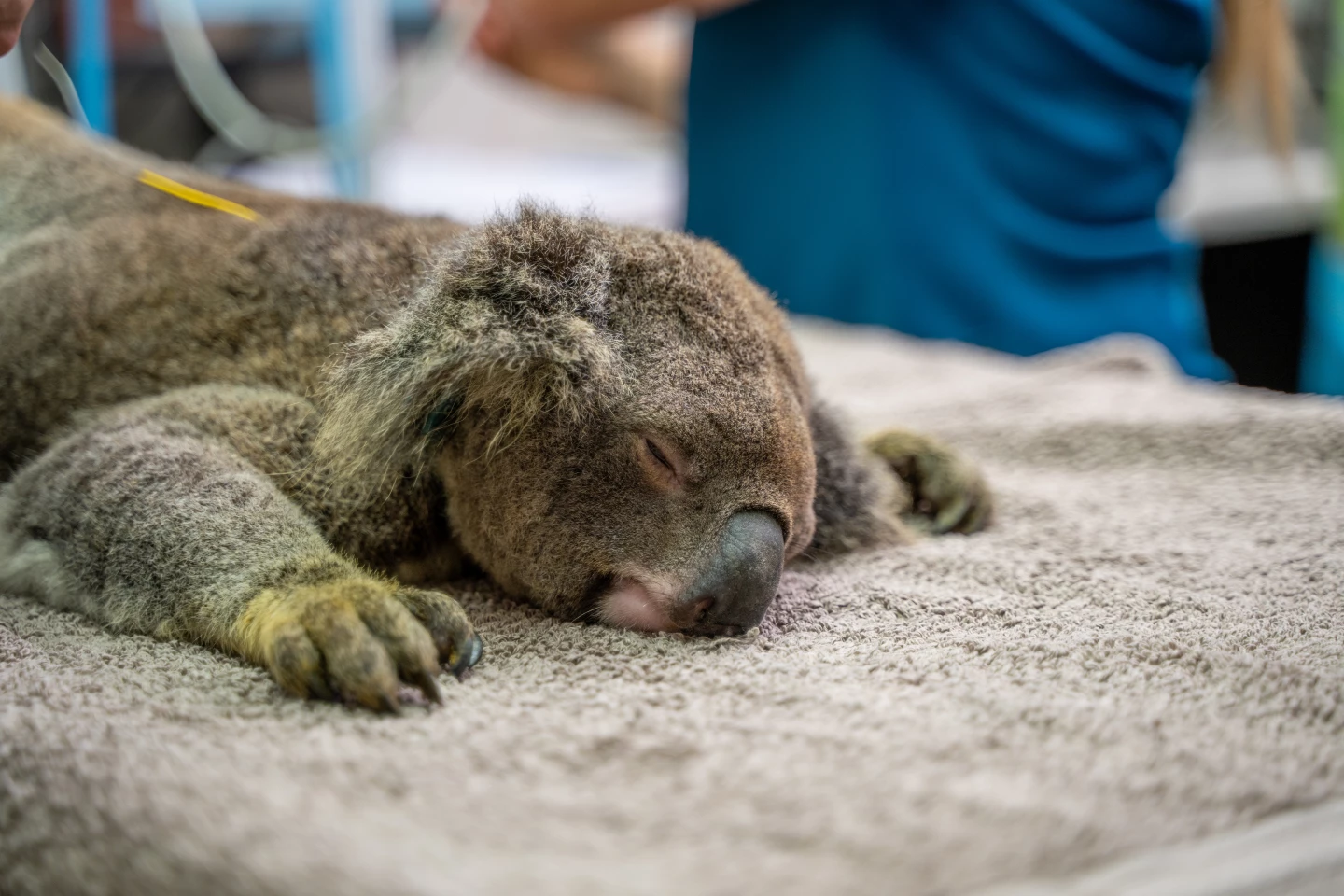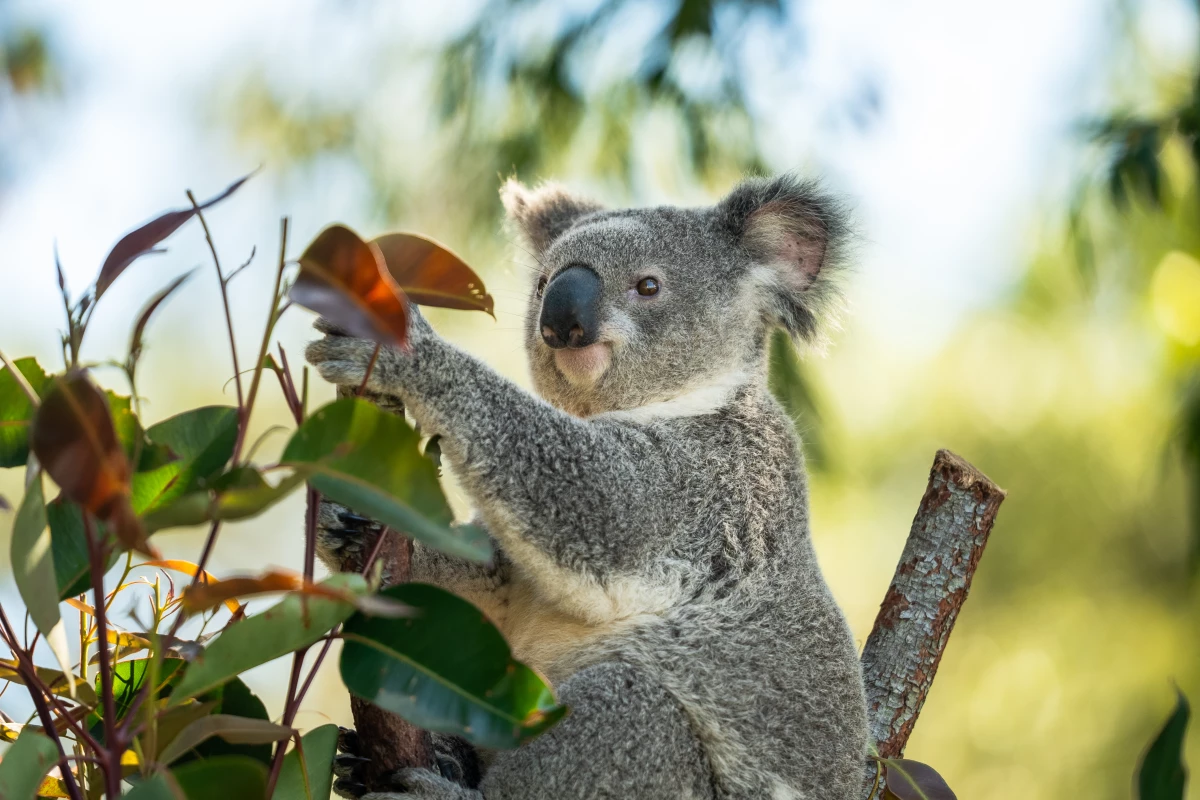Australia's embattled koalas have been given some good news for once, with the approval of the world's first chlamydia vaccine for the marsupial. More than a decade in the making, the vaccine will protect koalas from the widespread disease that causes painful urinary tract infections, infertility, blindness and death.
Developed by University of the Sunshine Coast (UniSC) scientists, with the support of global institutions including the University of Saskatchewan’s Vaccine and Infectious Disease Organization (VIDO), the International Vaccine Institute, the University of British Colombia and Dalhousie University, with funding from the Bill and Melinda Gates Foundation, the vaccine is a milestone in the efforts to save vulnerable koalas.

“UniSC knew a single-dose vaccine – without the need for a booster – was the answer to reducing the rapid, devastating spread of this disease, which accounts for as much as half of koala deaths across wild populations,” said Professor of Microbiology Peter Timms, who spearheaded the research. “Some individual wild colonies, where infection rate can be as high as 70%, are edging closer to extinction every day.
“We were determined to do the hard yards to move from research to this vital next stage – a high-quality, veterinary-approved product that can now be used in wildlife hospitals, veterinary clinics and in the field to protect the nation’s most at-risk koalas," he added.
The last IUCN Red List evaluation for the koala Phascolarctos cinereus was more than 10 years ago, in 2014. Since then, the species has faced many challenges accelerating their population loss in Australia: habitat clearance, disease and wildfires. In the summer of 2019, more than 6,200 koalas in New South Wales – 15% of the state's population – are thought to have perished in the devastating fires. There fires are expected to become more common and more extreme in the climate crisis.
The vaccine, manufactured by Tréidlia Biovet and approved by Australia's veterinary medicine regulators, is a major move in helping to keep these animals away from the brink of extinction and prevent unnecessary suffering through this disease. Until now, the only intervention has been antibiotics, which in turn upset the koala's delicate digestive tract – one fine-tuned to solely eat eucalyptus leaves. This disruption has led to koalas starving and, in some cases, dying as a result. And antibiotics don't protect koalas from repeat infections.

The path to the vaccine also included the largest and longest study of wild koalas, also led by UniSC. Over the span of a decade, 680 koalas were tracked, and five vaccine trials saw 165 animals given the shot. This ultimately confirmed the vaccine’s safety and efficacy.
Over a decade, 680 koalas were tracked, with five vaccine trials involving 165 koalas.
“This study found it reduced the likelihood of koalas developing symptoms of chlamydia during breeding age and decreased mortality from the disease in wild populations by at least 65%,” said Sam Phillips, a UniSC researcher who led the extensive trials. “The vaccine has been trialed on hundreds of wild koalas, others in captivity and wildlife hospitals, and over multiple generations.
“It’s based on Chlamydia pecorum’s major outer membrane protein (MOMP), and offers three levels of protection – reducing infection, preventing progression to clinical disease, and, in some cases, reversing existing symptoms," Phillips added.
The vaccine has six components, designed to provide widespread protection for the native wildlife regardless of where they're located across Australia. Importantly, it's a minimally invasive intervention, with an individual koala only needing one jab for life.

“Three [of the six components] are the proteins of chlamydia, designed to cover the different strains of chlamydia circulating in different parts of the country," Timms said. “There are also three parts to the adjuvant, which we are very pleased to have designed as a single-shot adjuvant. Many vaccines require a booster, but we’ve purposely developed a vaccine that only requires one shot, and for a wild animal like koalas, that is what you really need.”
However, the vaccine's approval is just the first step. More funding will be required to roll out vaccination programs to populations around the country. And administering jabs to wildlife is not as easy as taking a pet to the vet – koalas sleep up to 20 hours a day, hidden high in tree canopies where they remain well-camouflaged. Because they're most active at night, are solitary outside of mating, and are spread over vast distances, getting the medicine to the animals presents a lot of logistical challenges.
“Every contribution will go towards vaccinating at-risk koalas and to help reverse the alarming impacts of this disease,” Timms said. “We are also continuing to refine the product and conduct ongoing research to ensure the vaccine’s long-term success.”
The trial research was published in 2024 in the Nature Partner Journals' Vaccines.
Source: University of the Sunshine Coast








